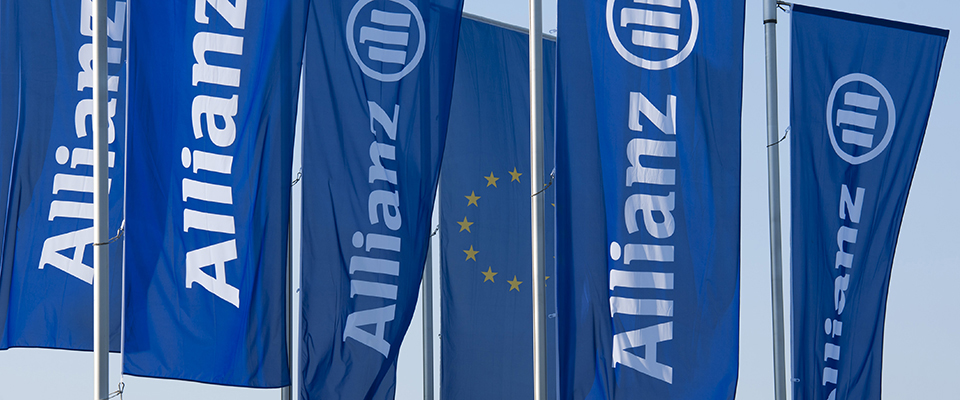Röhler sees a solution for the next pandemic in cooperation between the insurance industry and the state. "We want to play an active and anticipatory role in providing coverage for any possible future pandemics, especially for small and medium-sized enterprises (SMEs), in a more predictable and faster manner right from the start," says Röhler. In order to achieve this goal in the most effective way, Allianz experts recommend developing special pandemic coverage for the European markets in cooperation with the local insurance industry and government. "That would make comprehensive coverage for companies broadly available," says Röhler. Insurers would take on the coverage up to a contractually-agreed level. If that level were exceeded, the rest would be covered by the state.
The solution should be mandatory. "With a voluntary solution, there would be no blanket coverage," says Röhler. It would be a patchwork. On top of that, a voluntary solution would make it even more difficult to keep premiums affordable if prices are calculated correctly. "We absolutely want to avoid that.”
Initially, the target of such protection should only be pandemics. "In our opinion, there is a lot to be said for not including other systemic risks such as terrorism or cyberattacks in this solution, as otherwise the pricing would be extremely complex, due to the interplay of several risks.“
In addition, the solution should initially be developed for SMEs and the self-employed, in order to protect those that are most affected by pandemic-related business closures and to ensure that certain fixed costs are covered for a given period of time. For large enterprises, more tailored insurance solutions would make sense.
"It’s important to us that a clear, easy-to-understand trigger is defined, upon which the pandemic solution would take effect and enable rapid and standardized claims payments," says Röhler. How to deal with not only the direct but also the indirect effects like, for example, the impact on travel agencies due to travel restrictions must also be considered carefully.
In view of the interdependence of the European economies, Allianz considers it sensible to embed this concept in an overarching EU framework with minimum requirements. "However, implementation should take place at national level and be adapted to the individual countries," explains Röhler, "because the laws for cushioning the effects of a pandemic, such as the short-time work law in Germany for example, differ from country to country. “
Regardless of which path is ultimately taken in the individual countries, "from Allianz-perspective, it’s important the solution guarantees a simple, efficient, and reliable claims handling and payment process, in order to provide customers with fast and meaningful support in the event of the next pandemic," says Röhler.
But that is not the only lesson Röhler draws from this crisis: "The corona pandemic has accelerated the trend towards greater sustainability. This is a unique opportunity that we must seize." Röhler interprets the term broadly: "For me, acting sustainably means actively contributing to mastering the central ecological, economic and social challenges. That is part of our DNA as insurers. This is why we integrate climate protection into the core business of our divisions, the investment and insurance business. For example, we are working hard to ensure that all policyholder funds are invested in a climate-neutral manner by 2050. Money that Allianz customers receive from their insurance and investment products will therefore be generated increasingly in a CO2-neutral way.”
In the current situation, Röhler sees it not only as a core task to be prepared for the next pandemic, but also to take a more active role in global risks. "In order to live up to our ambition of being more sustainable, we must anticipate rather than just react." The next global crisis is already waiting – a global cyberattack is a very realistic scenario, just like climate change. "Both risks are systemic and therefore cannot be managed by insurers alone," says Röhler. "What we need is an overarching partnership approach by the insurance industry, businesses and governments to develop solutions together. We are working on this with high priority.“







